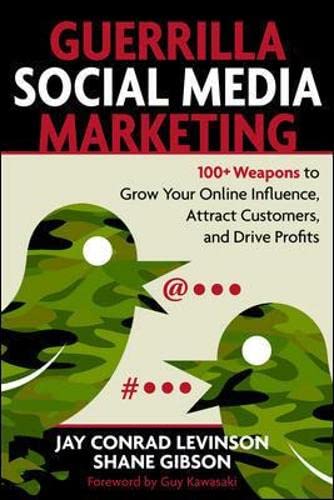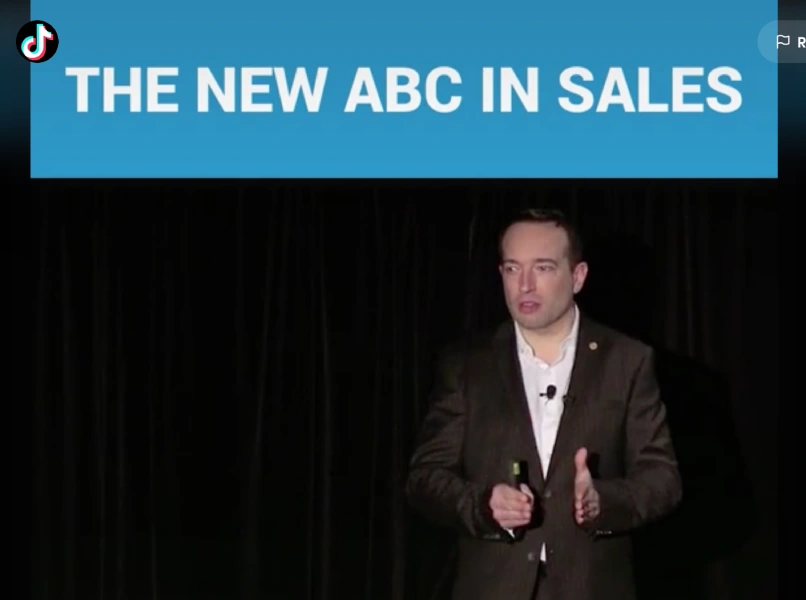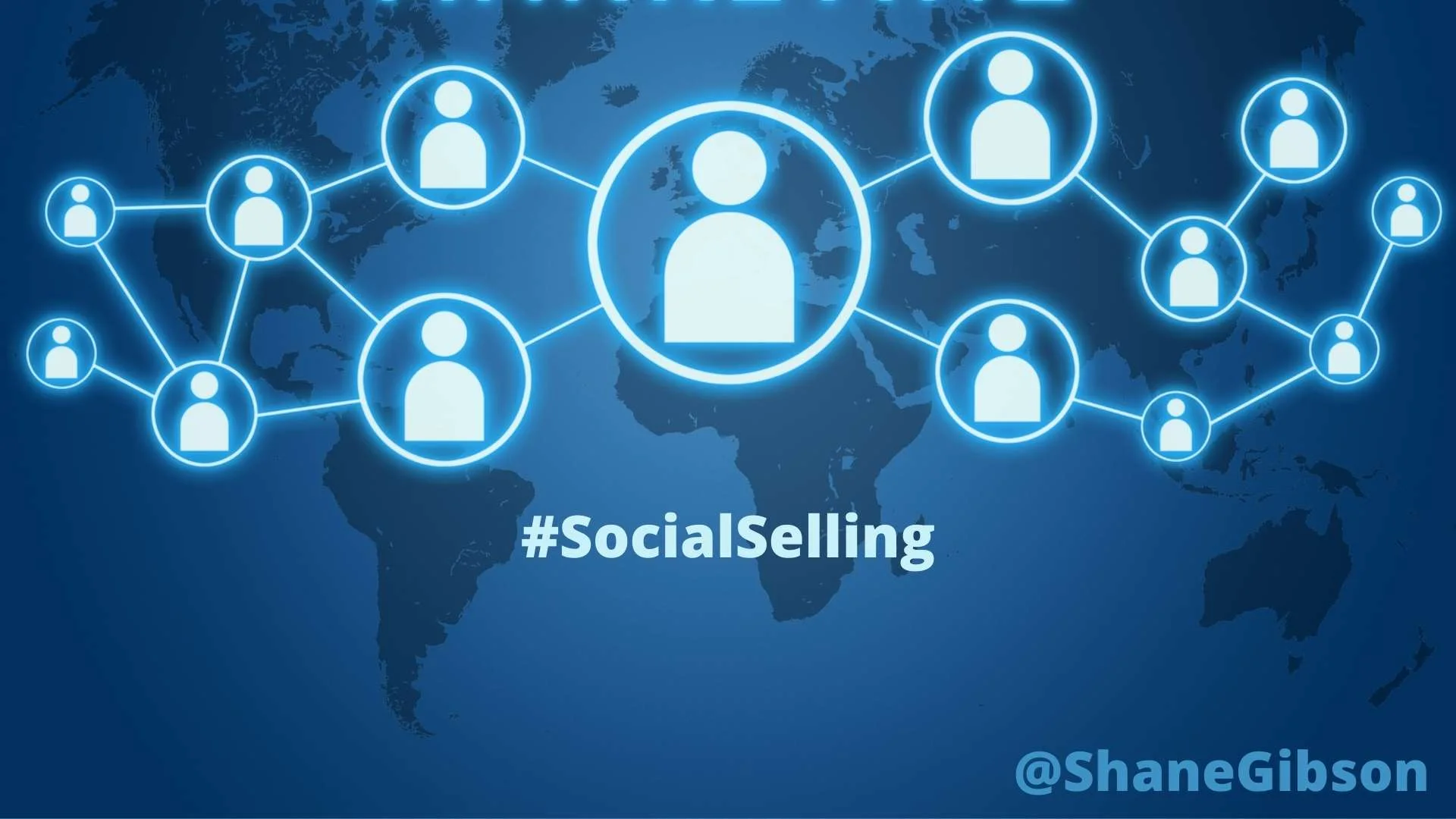Selling in Turbulent Economic Times Blog Part 2
 Looking at the diagram of economic cycles included in this article we notice one major thing; these peaks and valleys are driven by raw human emotion. At the top of an economy people do not just spend the money they are making, they spend the money they think they are going to make. Eventually, banks and lending institutions pull back finance due to the fact that en masse, the average person and average business is over- extended.
Looking at the diagram of economic cycles included in this article we notice one major thing; these peaks and valleys are driven by raw human emotion. At the top of an economy people do not just spend the money they are making, they spend the money they think they are going to make. Eventually, banks and lending institutions pull back finance due to the fact that en masse, the average person and average business is over- extended.
When this credit is pulled back, people reduce purchases; this creates negative news, bulging inventories, fear and panic. In service businesses bulging inventory is people. Lay-offs begin, purchases reduce, inventory is liquidated, and more bad news hits the marketplace and the fear multiplies. The severity of this most recent downturn has been created by the evaporation of available credit due to the insolvency of so many major banks. Eventually we hit a point of excessive pessimism in the marketplace. (I had to dig through the entire business section of the New York Times to find one positive article yesterday).
The question is: “What stops the economy from continuing its downward plunge?” The answer is of course “Smart Money.” We all can recite the phrase “buy low and sell high” and a few smart individuals begin to do just that. The “Smart Money” is bargain hunting for everything from stock to real estate, and corporate acquisition targets stabilize the market, it creates the floor. From there the tide begins to turn as optimism builds.
You as a sales person or entrepreneur don’t have to have Warren Buffet’s billions to profit from this environment, but you do need his mindset. Realize that your competitors, not unlike today’s investors, do not see the real value of the market, and most are refusing to really play. They are too busy hiding out by the water cooler and watching the stock ticker and the negative news on CNN.
So here are 7 tips on how to profit from today’s economic downturn:
- Build a fence around your key accounts. Of those clients that you are presently doing on-going business with, how many do you have really strong relationships with? Make a list of your top 20% and immediately call them, if possible go visit them. Not to sell them stuff, but to find out how you can better service them. If things are really slow, take advantage of it, engage them more, buy them the lunch you never had time to when the economy was hot.
- Harness physical and web-based networks in order to connect with positive people. Most of us have goals and dreams that require resources beyond those that we possess. By engaging your online and offline communities, sharing resources, ideas, and inspiration, you can collectively achieve greater things. Now is not the time to go to less Board of Trade meetings, it is the time to really connect.
- Reach out beyond your existing community with social networking tools such as Linkedin, Twitter, and FaceBook. Recently as a resident of Vancouver, BC Canada I secured a new client in Asia through my blogging and activity on Linkedin, while some of my existing markets are suppressed, I am finding new ones across the Pacific Ocean using technology (free technology!).
- Have a pro-active game plan for every day. You have fewer competitors now, and the ones that are still in business are probably not that motivated. This trend will continue until we reach the bottom of the downturn. This is the time to gain market share. Get to work an hour early, and plan your day out the night before. It may take more calls to land the same number of clients, but also realize that you will be able to gain more market share due to less competition, or at least a mentally weaker competition.
- If you have some cash reserves start investing in your business. If you use advertising as a tool to attract clients you can now negotiate a better rate with publishers, and because competitors have pulled back their ad spend your message will have less noise to compete with in the marketplace. Fuel prices have dropped and people are traveling less, this also means better rates for business travel to far-away markets.
- Take control of your own mental economy. The most expensive thing we can do as sales professionals and business people is have a day of negative thinking. When we are focusing on what we don’t have, and we are wallowing in our own self-pity, we’re not thinking about creating positive business outcomes. My suggestion is to commit to reading at least 30 minutes of positive news, or personal development books per day, find some great motivational CD’s or podcasts (iTunes has thousands that are free) and pro-actively seek out and associate with other people that are refusing to participate in the recession.
- Be disciplined in your execution. At the top of an economy when clients are abundant and optimistic, closing the deal is easy. If you miss a deal because of bad follow-up, or a poorly written proposal there is always more opportunity out there. Anyone can look like a rainmaker when things are hot. When things slow down our bad habits become more evident. When you do have a great prospect in your sights, have a sound sales process and follow the fundamentals of great selling obsessively. There are no mundane steps in a sales process, treat every detail like it is the deal-maker, especially when prospects are fewer and more easily dissuaded to buy.
“Things may come to those who wait, but only the things left by those who hustle. ” – Abraham Lincoln












